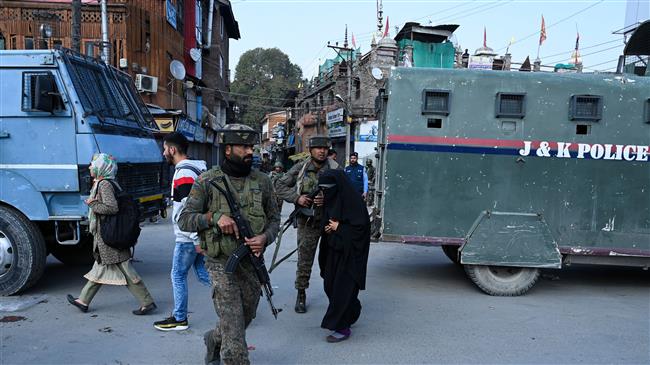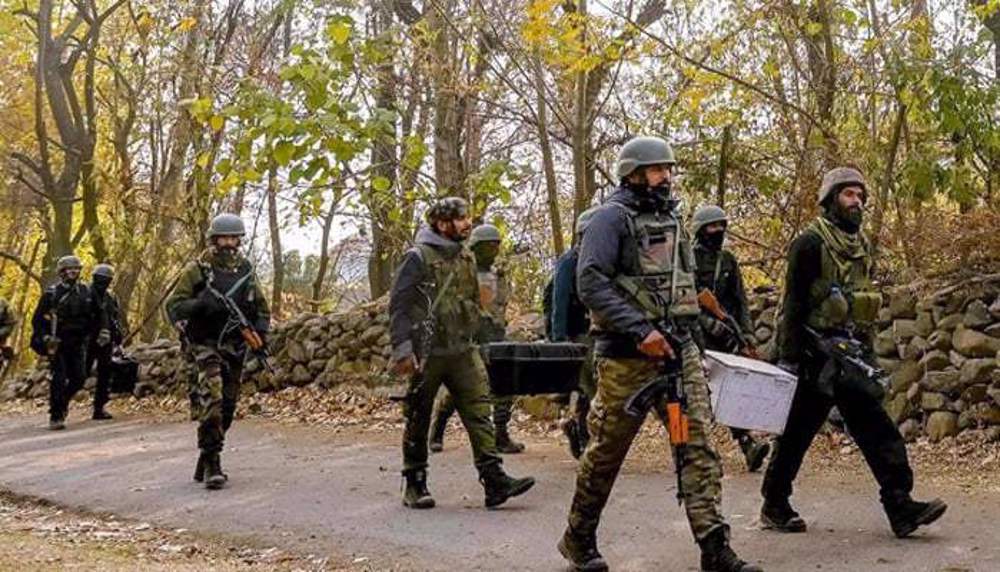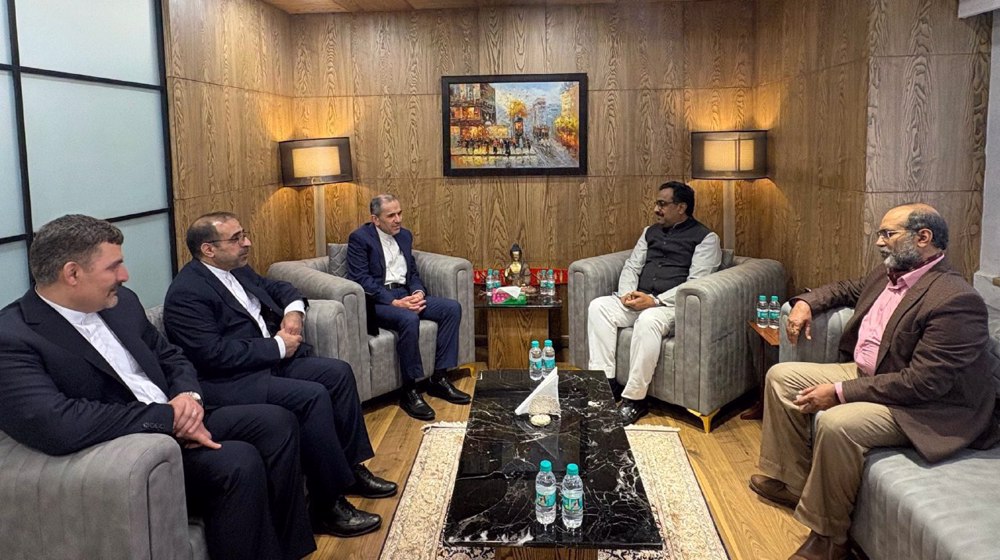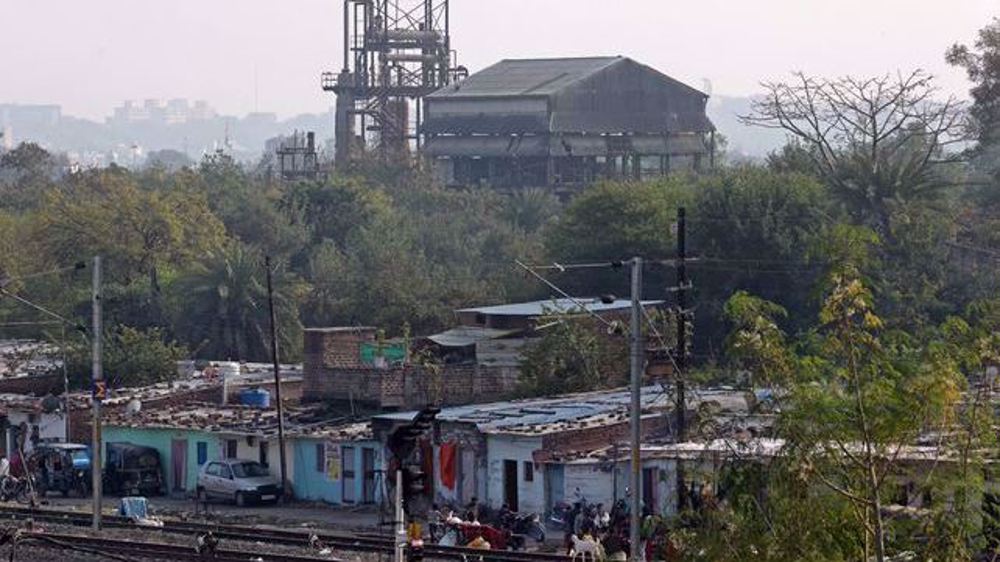‘The situation in Kashmir was always normal,’ India claims
India claims Kashmir is, and has always been, experiencing "total normalcy," strict restrictions following scrapping the disputed region’s autonomy notwithstanding.
"The situation there was always normal. There were many notions spread all over the world. There is total normalcy prevailing," Home Minister Amit Shah, told India's upper house, the Rajya Sabha, in New Delhi on Wednesday.
"Petrol, diesel, kerosene, LPG (liquid petroleum gas) and rice are adequately available."
Hundreds of people are said to still remain in custody since August, among them dozens of senior Kashmir politicians.
Earlier in the day, G. Kishan Reddy, minister of state in the Indian Ministry of Home Affairs, put the number of arrests since August 4 at over 5,000 and the number of people under detention at 609.
Those arrested included "stone pelters, miscreants, OGWs, separatists and political workers," he said, referring to "overground workers" or people helping anti-India fighters.
On August 5, the administration of Prime Minister Narendra Modi moved to revoke the special status of Kashmir. Besides severing telecoms links ahead of its decision, India imposed curbs on travel and sent thousands of troops to the heavily-militarized region, citing security concerns.
Some curbs have since been eased, but access to the internet remains largely blocked.
In recent weeks, landlines have been restored, as have postpaid mobile phones. But prepaid mobile phones and the internet remain cut off for Kashmir’s more than seven million people.
Shah also said it was up to the authorities to decide when to restore internet connections. He also blamed the ongoing insurgency on neighboring Pakistan.
"There are activities by Pakistan too in Kashmir region, so keeping security in mind, whenever the local authority deems it fit, a decision will be taken [on resuming internet services]."
Separately on Wednesday, a main trade body in Kashmir said the region’s economic losses had been well over a billion dollars since India revoked its autonomy and statehood in August. The Kashmir Chamber of Commerce and Industry (KCCI) said it planned to sue the government for damages.
KCCI also said development was elusive, thanks to a protracted shutdown after people closed markets and businesses in protest.
Nasir Khan, KCCI’s senior vice president, estimated that economic losses ran into at least 100 billion rupees ($1.40 billion) by September.
"We'll ask the court to appoint an external agency to assess the losses, because it is beyond us," said Khan, adding that India's telecoms blackout in the region meant the body could not reach business owners by telephone to prepare estimates.
"I'd be surprised if any genuine investors came," said Khan, adding that KCCI had received no inquiries from potential investors since August.
Local residents say the clampdown has hit tourism as well as farming, horticulture and the arts and crafts that contribute the most to its export-oriented economy.
"I don't see any stability for many months here," said Vivek Wazir, who runs a hotel in Kashmir's main city of Srinagar. "There's too much uncertainty."

For decades, India has battled insurgency in the portion it controls. It blames Pakistan for fueling the strife, but Pakistan denies this, saying it gives only moral support to non-violent separatists.
An anti-India insurgency in the part of Kashmir that India controls has left thousands of people dead over the past 30 years, most of them civilians.
Hamas thanks Iran, Resistance Front following achievement of ceasefire in Gaza
'Capitulation': Israeli officials and media concede Gaza defeat as truce unfolds
'Gaza has won': Social media users react to ceasefire with mix of relief, joy
Iran seeks South Korea’s assistance for AI, fiber-optic projects
VIDEO | Iran's 'Eqtedar' (Power) maneuver
Israel hits HTS military target in Syria for 1st time since fall of Assad
VIDEO | Press TV's news headlines
Israel has slaughtered 13,000 students in Gaza, West Bank












 This makes it easy to access the Press TV website
This makes it easy to access the Press TV website